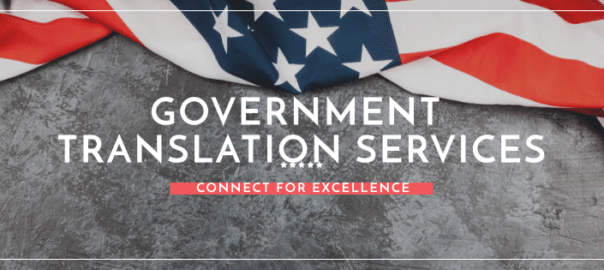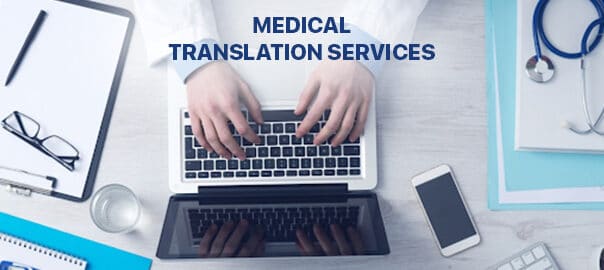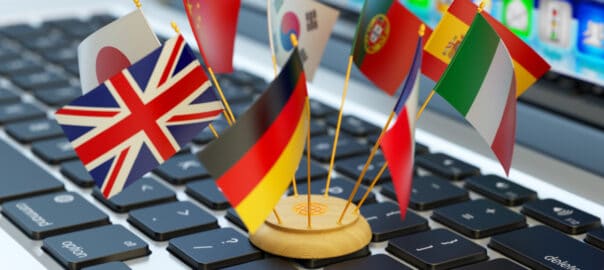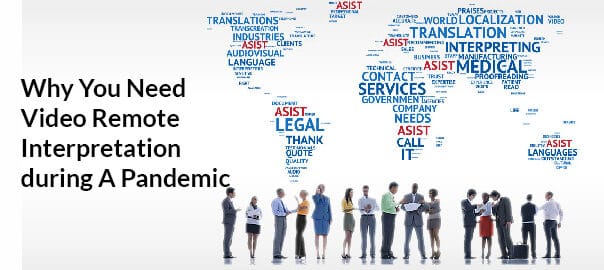Governments must collect, preserve, and disseminate information to the public. The data must be timely, reliable, available, and may be responsive. Embarrassing issues may rise when this is improperly done. Translators and interpreters handle each project with attention to detail, cultural awareness, and confidentiality.
Your communication should be for the wider public. For consistency and comprehension, the speaker needs to compose or speak in a certain way. Thus, government translation and interpretation services is quite important as it will help express the message in an understandable and authentic manner.
It would be best if you were assured that your messages, both written and spoken, are correct when you work with the best translation firm.
Here are the areas to observe when doing Government translation and interpretation services.
Quality of the translation services
The quality of knowledge depends on diplomacy, security, education, trade, and social services. Trained translators provide federal, state, and local government offices with precise, secure government translations.
When it comes to managing government documents, the interpreters should understand the value of secrecy, and uphold the highest confidentiality requirements. With care and accuracy, they need to translate any sensitive content. Plus, they should guarantee that the confidentiality of any document remains secure.
Familiarity with Government immigration services
One of the several government agencies that need accredited translation services is the Immigration Sector. That means that all applicable international documents should be translated and approved for the immigration process.
Public Sector Translation Services and Language Training
State workers and military members communicate regularly with individuals from other cultures.
It is incredibly beneficial for government interpreters and translators to have cross-cultural competence by developing the skills, abilities, and knowledge needed to operate efficiently.. To be actively aware of when to turn to a more culturally adaptable and acceptable action, they need these abilities.
Cross-cultural training will support interpreters and translators considerably. Even if there is no war, missions for humanitarian work, diplomacy, security operations, and cultural relations will still be continued by government staff. Hence the need for translators to have the skills, capabilities, and tools to provide cross-cultural services.
Government Information Technology Services
To ensure that large amounts of information in any language is adequately collected, checked, and translated, the government uses foreign language analytics.
Therefore, the language experts recognize the correct stop words, regional phrases, and slang in the collected data sets, in addition to creating an individual analytics index for each language. Public sector translators of information technology must be specialists in their languages and have highly developed technological efficiency.
Government Localization Services
Localization goes beyond simple translation, as any factor affecting an audience is considered. This involves illustration, style, and architecture.
It would be best if you never lost or, worse, misinterpret your essential messages. For embassy sites, local government tools, and applications delivered in multiple languages on a broad scale, localization services enhance cultural precision. Plus, delivering locally relevant content that resonates with the target audience can help you boost your website’s UX.
















